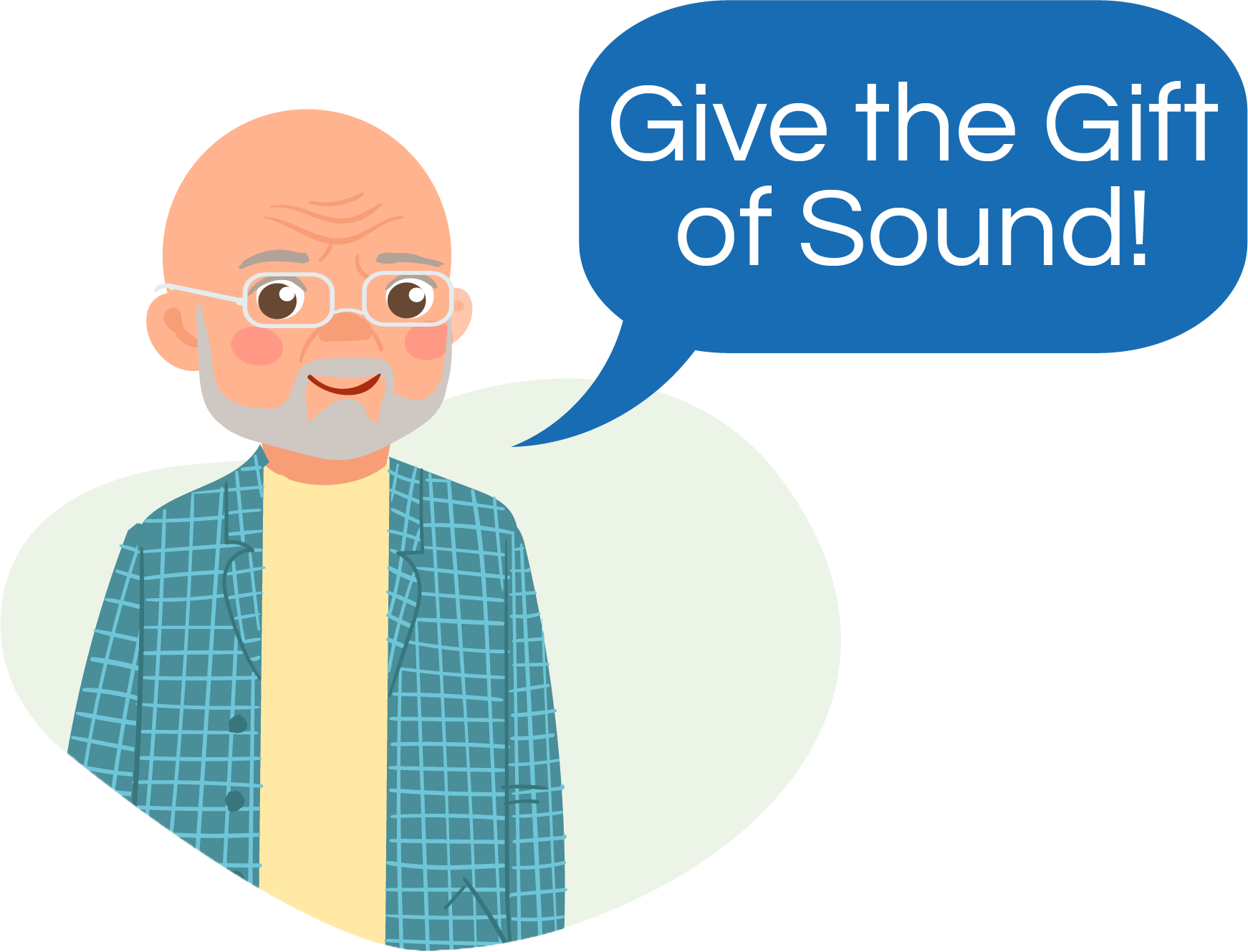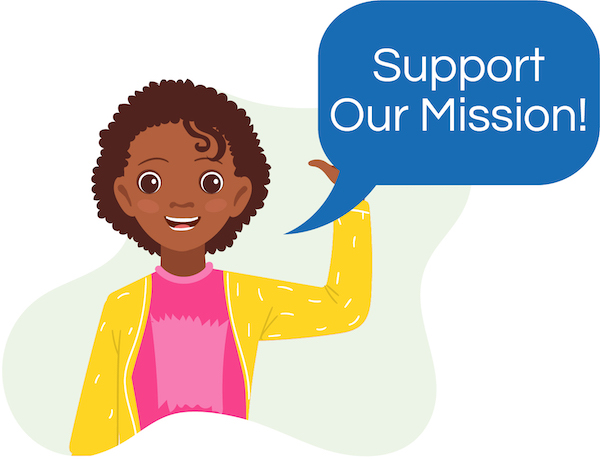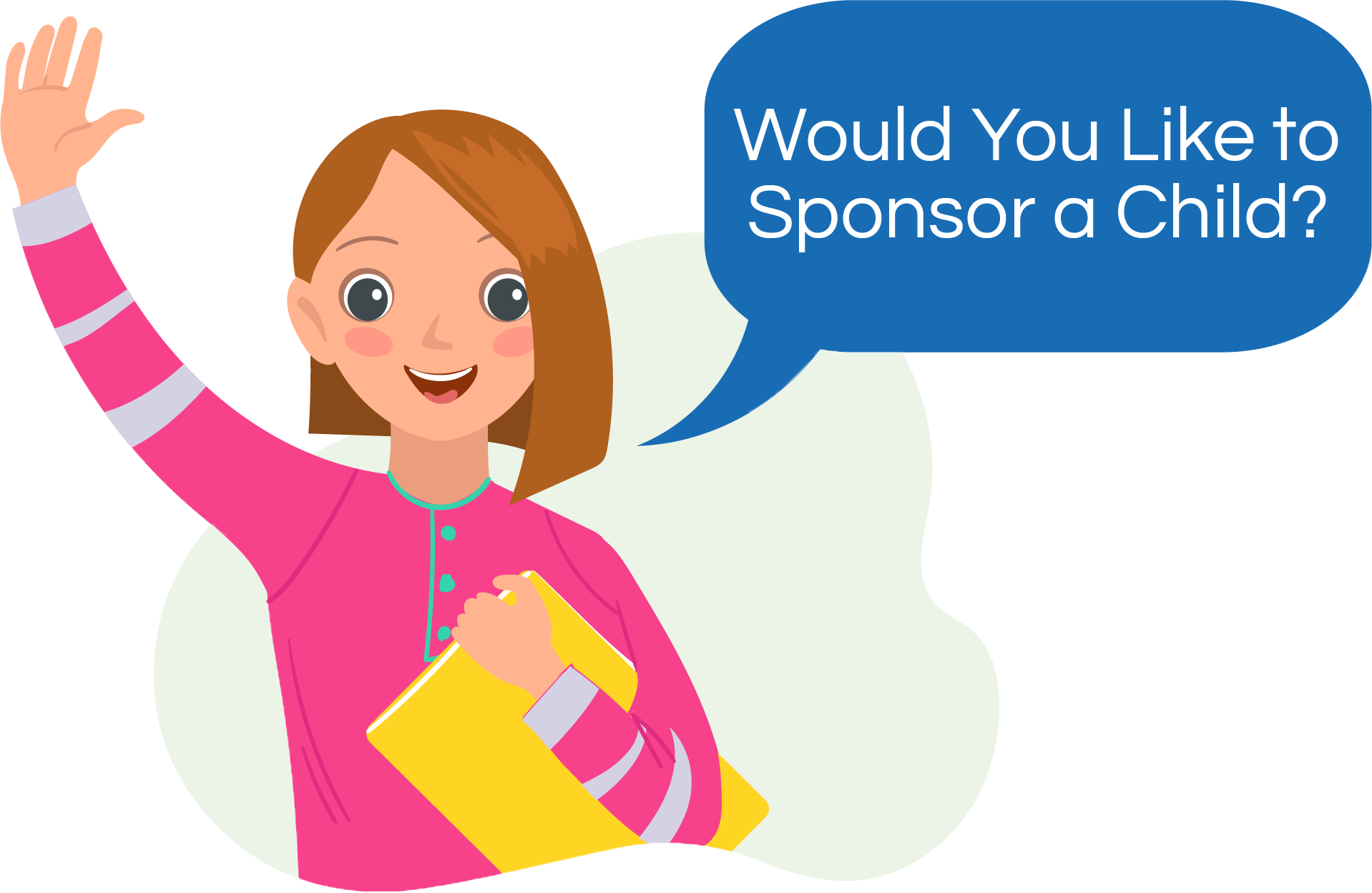Developmental Signs of Speech and Language Disorders
(Adapted from the American Speech-Language Hearing Association)
Signs of Speech and Language Disorders
With several different types of speech, language, and hearing disorders, it is sometimes difficult for parents to know exactly what to look for and what to do to help children. There are some signs to look for and ways that you may be able to help your young child. If your child is struggling with any of the below signs, reach out to Buffalo Hearing & Speech Center and speak with one of our Speech Language Pathologists.
Signs of a Language Disorder
- Doesn't smile or interact with others (birth–3 months)
- Doesn't babble (4–7 months)
- Makes few sounds (7–12 months)
- Does not use gestures (e.g., waving, pointing) (7–12 months)
- Doesn't understand what others say (7 months–2 years)
- Says only a few words (12–18 months)
- Doesn't put words together to make sentences (1½–3 years)
- Has trouble playing and talking with other children (2–3 years)
- Has problems with early reading and writing skills—for example, may not show an interest in books or drawing (2½–3 years)
Ways To Help with Language Disorders
- Listen and respond to your child
- Talk, read, and play with your child
- Communicate with your child in the language that you are most comfortable using
- Know that it's good to teach your child to speak a second language
- Talk about what you are doing and what your child is doing
- Use a lot of different words with your child
- Use longer sentences as your child gets older
- Have your child play with other children
Signs of a Speech Sound Disorder
- Says p, b, m, h, and w incorrectly in words (1–2 years)
- Says k, g, f, t, d, and n incorrectly in words (2–3 years)
- Produces speech that is unclear, even to familiar people (2–3 years)
Ways To Help with Speech Sound Disorders
- Say the sounds correctly when you talk—it's okay if your child makes some mistakes with sounds
- Don't correct speech sounds—it's more important to let your child keep talking
Signs of Stuttering (Disfluency)
- Struggles to say sounds or words (2½–3 years)
- Repeats first sounds of words—"b-b-b-ball" for "ball" (2½–3 years)
- Pauses a lot while talking (2½–3 years)
- Stretches sounds out—"f-f-f-f-farm" for "farm" (2½–3 years)
Ways To Help with Stuttering or Disfluency
- Give your child time to talk
- Do not interrupt or stop your child while he or she is speaking
- See an SLP if you are concerned (Many young children stutter for a short period of time; in most cases, the stuttering will stop.)
Signs of a Voice Disorder
- Uses a hoarse or breathy voice
- Uses a nasal-sounding voice
- Ways to Help With Voice Disorders
- See a doctor if your child sounds hoarse or breathy or has a nasal-sounding voice
- Tell your child not to shout or scream
- Keep your child away from cigarette smoke
Ways To Help with Voice Disorders
- See a doctor if your child sounds hoarse or breathy or has a nasal-sounding voice
- Tell your child not to shout or scream
- Keep your child away from cigarette smoke
School and Clinic Locations
Let Us Help
At Buffalo Hearing & Speech Center, we are dedicated to helping you overcome any hearing, speech, communication, or educational need you have. Call us to speak with a Specialist or Write Us A Message.
The solution starts here!




